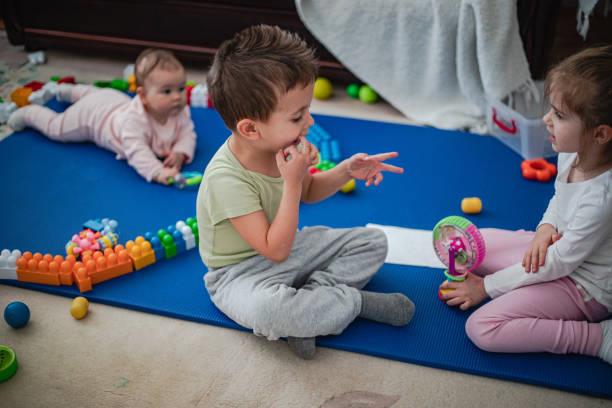-
TRAINING AND EVENTS
FOR 2025-2026The 2025-2026 Training Calendar is under development.
Please check back for updates. Thank you for your interest!View the 2024-2025 Training and Events
Click here to view the monthly events calendar.
Note that some events on this page are not posted to the events calendar until approximately 30 to 45 days in advance, when registration typically opens.
Select a link below to jump to disability-specific training opportunities.
Autism Training and Resource Center
AUTISM TRAINING AND RESOURCE CENTER
Supporting Students with Complex Behavioral Needs: An Overview of Practical Functional Assessment and Skill-Based Treatment (PFA-SBT)
October 22, 2025
8:30 AM to 3:30 PM (In-Person)
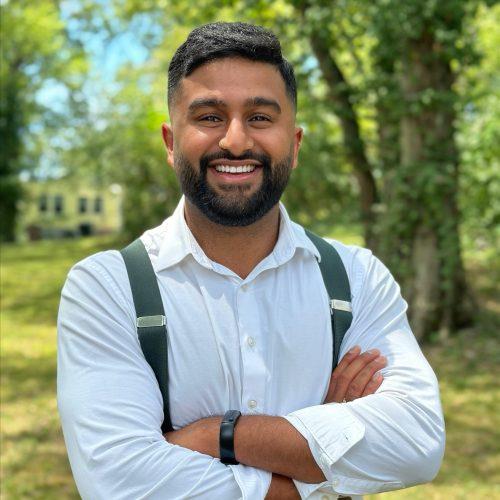 GUEST PRESENTER: Dr. Adithyan (Dithu) Rajaraman
GUEST PRESENTER: Dr. Adithyan (Dithu) Rajaraman
First Things First: A Stepwise, Skill-Building Approach to Addressing Severe Behavior in Schools
November 7, 2025
9:00 AM to 11:00 AM (In-Person)Learn how Practical Functional Assessment and Skill-Based Treatment (PFA SBT) is being used in the schools to help students overcome challenges with severe maladaptive behavior. Dr. Rajaraman is the Lead Trainer and Associate Director of Client Relations at FTF Behavioral Consulting.
Supporting Students with Complex Behavioral Needs: An Overview of Practical Functional Assessment and Skill-Based Treatment (PFA-SBT)
December 4, 2025
8:30 AM to 3:30 PM (In-Person)
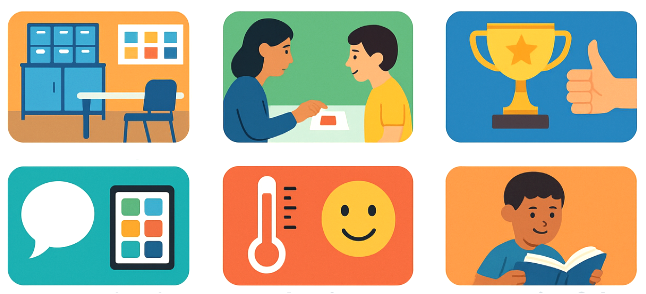 Instruction That Works:
Instruction That Works:
Practical Classroom Strategies for
Autistic Students With Complex Needs
A Six-Part Series for Special Education Teachers and Support Staff12/10/25 ⬩ 1/14/26 ⬩ 2/11/26 ⬩ 3/11/26 ⬩ 4/8/26 ⬩ 5/13/26
8:30 AM to 11:30 AM (All sessions are In-Person)Click here to view a description of the series and each session
Note: Registration will open about four weeks in advance of each session date.
Session 1
Setting the Stage for Student Success using Structure and Clarity
December 10, 2025
8:30 AM to 11:30 AM (In-Person)Session 2
Building Skills with Systematic Instruction: Core Tools for Teachers
January 14, 2026
8:30 AM to 11:30 AM (In-Person)Session 3
Bring the Joy! How to Motivate and Engage your Disengaged Students
February 11, 2026
8:30 AM to 11:30 AM (In-Person)Session 4
The Power of Communication: Teaching AAC and Connecting with Students with Limited Speech
March 11, 2026
8:30 AM to 11:30 AM (In-Person)Session 5
Challenging Behavior: Effective Prevention, De-escalation, and Skill Development
April 8, 2026
8:30 AM to 11:30 AM (In-Person)Session 6
Beyond Physical Presence: Meaningful Participation in the General Education Classroom
May 13, 2026
8:30 AM to 11:30 AM (In-Person)
Differentiating Autism from other Eligibility Categories: Advanced Topics in ASD Identification
DATE TBD
8:30 AM to 3:30 PM
REGIONWIDE AUTISM
PROFESSIONAL LEARNING COMMUNITYRegionwide Autism PLC meetings are held in-person on second Mondays from 9:00 AM to 11:00 AM. The purpose of the Regionwide Autism PLC is to foster collegiality among educational professionals specialized in supporting children and youth on the autism spectrum, to share information and resources, and to participate in professional development.
AUTISM PLC MEETING DATES FOR 2025-26
- October 13, 2025
- November 10, 2025
- December 8, 2025
- January 12, 2026
- February 9, 2026
- March 9, 2026
- April 13, 2026
- May 11, 2026
If you play a specialized role in your district leading or providing autism and behavioral services (e.g., autism specialist, BCBA, inclusion specialist) and would like to be included in the Regionwide Autism PLC? Email Darthea Park at dpark@pps.net.
EI/ECSE AUTISM
PROFESSIONAL LEARNING COMMUNITYIn collaboration with Columbia Regional, Clackamas ESD, and NW Regional ESD, the EI/ECSE Autism PLC offers a venue for early childhood professionals to connect, share resources, obtain professional development, and support one another on problems of practice. Early intervention and early childhood professionals in Multnomah, Clackamas, Hood River, and Wasco counties are welcome to join.
EI/ECSE AUTISM PLC MEETING DATES FOR 2025-26
The PLC will meet virtually from 10:30 AM to 12:00 PM on the following dates:
- October 17, 2025
- November 14, 2025
- January 16, 2026
- February 27, 2026
- April 10, 2026
- May 29, 2026
If you would like to join the EI/ECSE Autism PLC and be added to our contact list to receive meeting invitations and periodic updates, send a message to Katie Byerly at kbyerly@pps.net.
SCHOOL-BASED BCBA
PROFESSIONAL LEARNING COMMUNITYColumbia Regional Inclusive Services (CRIS) facilitates a School-Based Board Certified Behavior Analyst Professional Learning Community (SB-BCBA PLC). This group is open to all early childhood and school-based BCBAs employed in Oregon. The SB-BCBA provides members with the opportunity to obtain professional development together, to address shared problems of practice, and to share resources and information. The SB-BCBA PLC is child-centered and solutions-oriented.
SB-BCBA PLC MEETING DATES FOR 2025-26
The PLC will meet from 9:00 AM to 10:00 AM on the following dates:
- November 17, 2025
- February 23, 2026
- April 20, 2026
If you would like to be added to the email list to receive meeting invitations and periodic updates, or if you have questions about the PLC, please email Hillary Flood at hflood@pps.net.
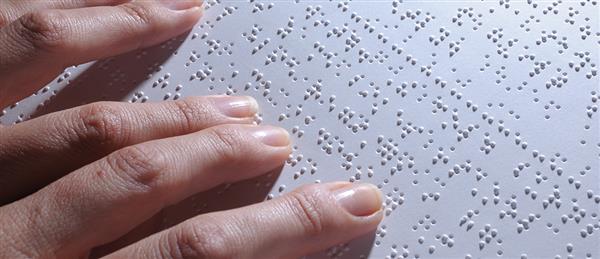
BLIND AND LOW VISION (BLV)
What to Expect When You Have a Student who is Blind or Low Vision in Your Classroom
September 24, 2025
8:30 AM to 3:30 PM (In-Person)Working with Students who are Blind or Low Vision as a Paraeducator in the Classroom
October 8, 2025
8:30 AM to 3:30 PM (In-Person)Teaching Students with Cortical/Cerebral Visual Impairment (CVI)
October 15, 2025
8:30 AM to 3:30 PM (In-Person)Building Expertise with The Perkins CVI Protocol
November 14, 2025
8:00 AM to 4:00 PM (In-Person)
DEAF AND HARD OF HEARING (DHH)
Where
Columbia Regional Inclusive Services (CRIS) at Wilcox
833 NE 74th Avenue
Portland, OR 97213Note: Play Group meets in the portable behind the Wilcox building!
When
10:00 AM to 11:15 AM- September 12, 2025
- October 3, 2025
- November 14, 2025
- December 12, 2025
- January 9, 2026
- February 13, 2026
- March 13, 2026
- April 10, 2026
- May 8, 2026
Who
Children and families birth-to-age five, Deaf and Hard of HearingFor questions about Play Group, please contact Jennifer Goshman at jgoshman@pps.net

LEARN AMERICAN SIGN LANGUAGE
IN-PERSON FAMILY ASL CLASSES
with Miki & ShayneMARK YOUR CALENDAR!
3rd Thursday of the month- September 18, 2025
- October 16, 2025
- November 20, 2025
- December 18, 2025
- January 15, 2026
- February 19, 2026
- March 19, 2026
- April 16, 2026
- May 21, 2026
Where
4701 SE Bush Street
Portland, OR 97206When
5:45 PM to 7:30 PMWho
Family members and children who are Deaf and Hard of Hearing in the CRIS ProgramWhat
ASL Classes for Children & Adults- Meet other parents and children
- Socialize
- Dinner will be provided
- Childcare provided for infants & toddlers
Why
To learn to sign with your child
For questions about Family ASL Class, please contact Miki Smith at mismith@pps.net
ONLINE FAMILY ASL CLASS
Zoom with Miki & ShayneMARK YOUR CALENDAR!
1st Thursday of the month- October 2, 2025
- November 6, 2025
- December 4, 2025
- January 8, 2026
- February 5, 2026
- March 5, 2026
- April 2, 2026
- May 7, 2026
When
6:00 PM to 7:00 PM
Online via Zoom/QR CodeWhat
Bring topics and vocabulary you are interested inWhy
To learn to sign with your child
For questions about Online Family ASL Class, please contact Miki Smith at mismith@pps.net
GALLAUDET UNIVERSITY
COLLEGE OUTREACH FAMILY NIGHTThinking about college? Join us and learn about an exciting option!
We're thrilled to host a special guest from Gallaudet University who will share information about Gallaudet University.
Where
Columbia Regional Inclusive Services
833 NE 74th Ave, Portland, OR 97213When
October 7, 2025
5:00 PM to 6:00 PMFor questions about Gallaudet Family Night, please contact Jennifer Goshman at jgoshman@pps.net
CRIS FAMILY ASL COFFEE SOCIAL 2025
Enjoy a morning filled with sign language and connecting with other families and friends!
Where
Woodstock Cafe
4103 SE Woodstock Blvd
Portland, OR 97202When
October 18, 2025
10:00 AM to 12:00 PM
For questions about the Family ASL Coffee Social, Miki Smith at mismith@pps.net
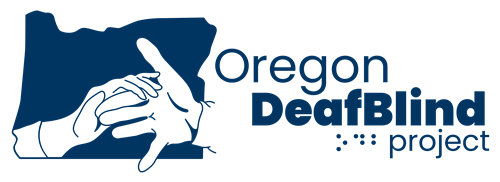
Power of Touch: Standardized Haptic Communication for Visual & Social Cues
Presented by Helen Keller National Center for DeafBlind Youths & Adults
August 18 & 19, 2025
8:30 AM to 3:00 PM (In-Person)Essential Tools of the Trade for Teachers of Students who are Deafblind: A Guide for Completing Evaluations
Featuring Kaycee Bennett and Rachel Collins, Texas School for the Blind and Texas Deafblind Project
October 1 & 2, 2025 and March 5 & 6, 2026
8:30 AM to 3:30 PM (In-Person)Meeting Students Where They Communicate: The Power of the Communication Matrix
January 9, 2026
8:30 AM to 12:00 PM (In-Person)Meeting Students Where They Communicate: The Power of the Communication Matrix
January 14, 2026
12:30 PM to 3:30 PM (Virtual)Beyond the Matrix: From Assessment to Implementation for Students with Complex Communication Needs
Featuring Nancy Steele, Low Incidence Educational Consultant
February 4 & 5, 2026
8:30 AM to 3:30 PM (In-Person)
Click here for more information about the Oregon DeafBlind Project
Questions? Contact Darlene Daniels at ddaniels@pps.net
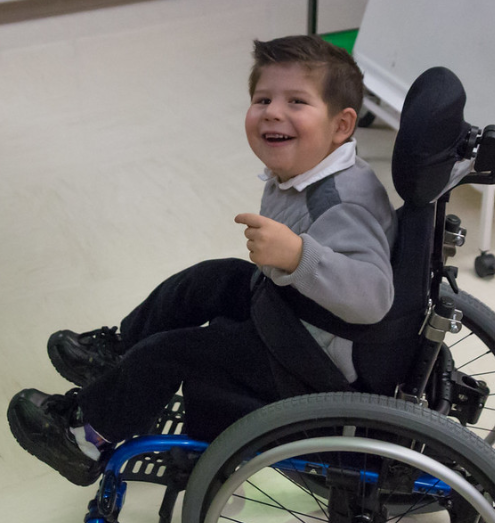
ORTHOPEDIC IMPAIRMENT
Adapted Play for Students with Complex Motor and Communication Needs
October 23, 2025
9:00 AM to 3:30 PM (In-Person)
SETT: Assistive Technology Assessment as a Team-Based, Student-Centered Process
November 12, 2025
9:00 AM to 12:00 PM (In-Person)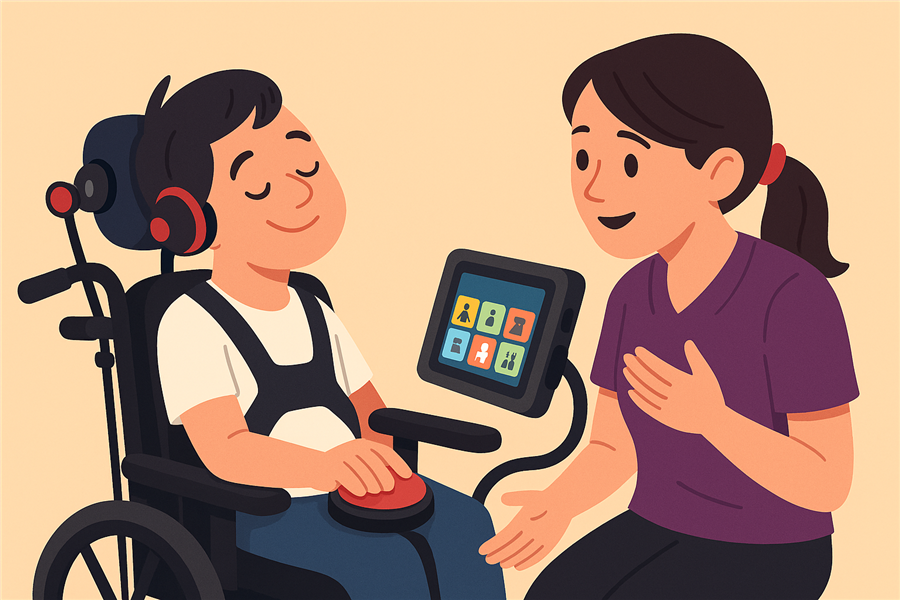
How to Connect with and Teach AAC to Students with Complex Motor and Communication Needs
Part 1: Core AAC Concepts, Introduction to Partner Strategies, Bringing the Joy
January 22, 2026
9:00 AM to 12:00 PM (In-Person)Part 2: More Partner Strategies, Core Vocabulary, Expanding Skills
February 19, 2026
9:00 AM to 12:00 PM (In-Person)The Power of Access:
Using Assistive Technology to Help Students with
Complex Motor Needs Participate at School and Build Independence
March 18, 2026
9:00 AM to 3:30 PM (In-Person)
Regionwide Assistive Technology PLC
The AT PLC emphasizes support for students with complex communication and motor needs with low incidence disabilities, with a focus on access (e.g., ability switches, adapted toys, accessing computers and devices) and AAC. SLPs, special education teachers, OTs, and others with specialized expertise and interest in this area are welcome to attend!
AT PLC Meeting Dates for 2025-26
- November 6, 2025
- January 15, 2026
- February 26, 2026
- April 2, 2026
- May 14, 2026
Meeting times are from 1:00 PM to 3:00 PM.
Would you like to join the AT PLC or have other questions? Contact Ruth McKee.

TRAUMATIC BRAIN INJURY (TBI)
The Oregon Center on Brain Injury Research and Training (CBIRT) in partnership with Regional Inclusive Services offers TBI professional development opportunities for school-based and early childhood professionals via the CBIRT events page.
You can also access a treasure trove of recorded TBI presentations via this CBIRT link providing access to recorded webinars featuring experts in the field of brain injury.
The Center on Brain Injury Research and Training TBI Events Portal




